Trump’s INF Treaty withdrawal: Catalyst for today’s nuclear tensions
- Update Time : Wednesday, August 7, 2024
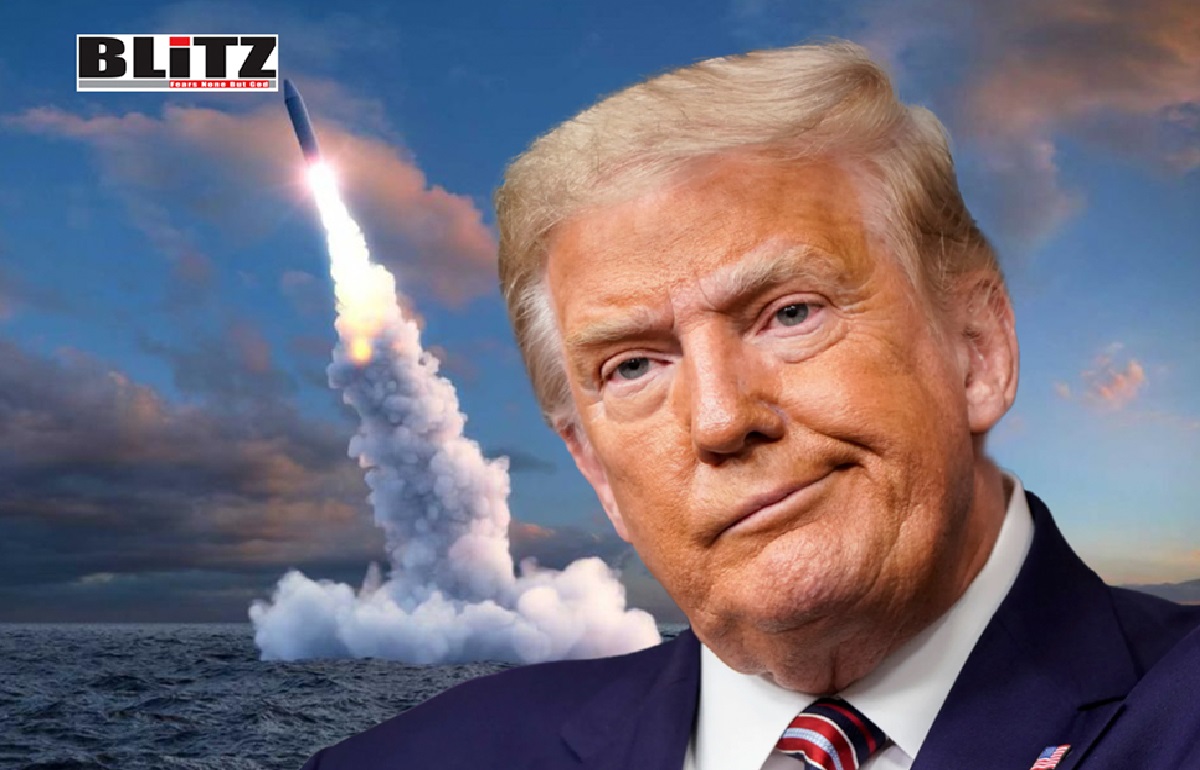
On August 2, 2024, the world commemorated the fifth anniversary of the dissolution of the Intermediate-Range Nuclear Forces (INF) Treaty, a landmark agreement that once sought to ease nuclear threats between the United States and the Soviet Union. The end of the INF Treaty has significantly intensified global nuclear tensions, highlighting the impact of decisions made during Donald Trump’s presidency on today’s precarious security landscape.
The INF Treaty, signed in 1987 by Soviet leader Mikhail Gorbachev and US President Ronald Reagan, was a critical step in nuclear disarmament. It prohibited both superpowers from deploying ground-launched missiles with ranges between 500 and 5,500 kilometers, effectively curbing the potential for nuclear conflict in Europe. This agreement played a vital role in mitigating Cold War tensions and preventing a missile race that could have spiraled into catastrophic conflict.
However, the treaty’s collapse in 2019 under Trump’s administration has reopened old wounds in international security, bringing the world closer to the brink of nuclear confrontation. Trump’s decision to withdraw from the INF Treaty was influenced by a complex array of factors, including allegations of Russian non-compliance and the need to counter China’s burgeoning missile capabilities.
The unraveling of the INF Treaty began with US accusations that Russia had breached the agreement by developing the 9M729 missile, a ground-launched cruise missile reportedly exceeding the treaty’s range limits. In response, the Trump administration initiated the process of withdrawing from the INF Treaty, a decision formally announced in February 2019. This move was justified by the need to maintain strategic balance, particularly in light of China’s expanding missile arsenal.
China, which was not bound by the INF Treaty, had developed and deployed a range of intermediate-range missiles, including the DF-21D and DF-26. The US viewed these missiles as a significant threat to its interests in the Asia-Pacific region. American strategists argued that the US needed similar capabilities to preserve a balance of power.
Trump’s administration also believed that the INF Treaty restricted US military flexibility and technological advancements. High-ranking officials, including then-Vice Chairman of the Joint Chiefs of Staff General Paul Selva, argued that while the treaty had its benefits, ground-launched missiles would provide greater operational flexibility and enhance the US’s intermediate-range strike capabilities.
Since the INF Treaty’s termination, the security environment in Europe and Asia has markedly deteriorated. The United States has announced plans to deploy ground-launched missiles in Germany starting in 2026, intended to serve as a deterrent against potential threats from both Russia and China. This development has provoked a strong reaction from Russia, which has threatened to lift its unilateral moratorium on intermediate-range missile deployments if the US proceeds with its plans.
Russian President Vladimir Putin has warned that US missile deployments could trigger a new arms race, echoing the Cold War-era missile crises. The potential reintroduction of intermediate-range missiles in Europe could escalate tensions to levels not seen since the 1970s and 1980s, when the INF Treaty was initially established to prevent such risks.
The prospect of a new missile crisis raises several critical concerns. An arms race between the US and Russia could undermine decades of arms control progress. Furthermore, the renewed presence of intermediate-range missiles in Europe could lead to increased instability and uncertainty, as both superpowers ramp up their military posturing.
The decision to withdraw from the INF Treaty and the subsequent US missile deployments carry significant symbolic and strategic weight. Ground-launched missiles represent a permanent military presence and a commitment to defend regional allies. This move is designed to reassure US allies in Europe and the Asia-Pacific region of America’s commitment to countering threats from Russia and China.
However, this symbolic gesture also carries risks. The deployment of such missiles could be viewed as provocative, potentially leading to heightened regional tensions and a renewed arms race. Critics argue that deploying ground-based missiles without broader international and public discussions could backfire, leading to greater instability in both Europe and Asia.
Additionally, while ground-based missiles offer strategic advantages such as rapid readiness and reduced dependence on external infrastructure, they also pose significant risks. The potential for a new missile crisis could lead to an escalation of military capabilities on both sides, with each power seeking to maintain or gain an upper hand.
The international community’s response to the renewed missile tensions will be crucial in determining whether this new arms race can be managed or mitigated. European allies, including Germany, have already expressed concerns about the US decision to deploy missiles without prior public consultation. This growing dissent highlights the potential for increased regional criticism and the need for diplomatic engagement to address underlying issues.
In Asia, the implications of US missile deployments and China’s countermeasures will also influence the regional security landscape. Both Russia and China have significant capabilities to counterbalance US missile deployments, potentially leading to a destabilizing cycle of escalation.
To prevent a full-scale arms race, it is essential for the US, Russia, and China to engage in renewed arms control negotiations and dialogue. Addressing the root causes of the INF Treaty’s collapse and establishing new agreements that reflect current geopolitical realities will be crucial in restoring stability and reducing the risk of nuclear conflict.
The legacy of Donald Trump’s presidency, particularly the decision to withdraw from the INF Treaty, has set the stage for a renewed era of nuclear tensions. The proposed US missile deployments in Germany and the subsequent responses from Russia illustrate the dangerous dynamics that have emerged since the treaty’s collapse. As the world faces the possibility of a new missile crisis, it is imperative for global leaders to prioritize diplomatic solutions and arms control measures to prevent dangerous escalation and safeguard international security.




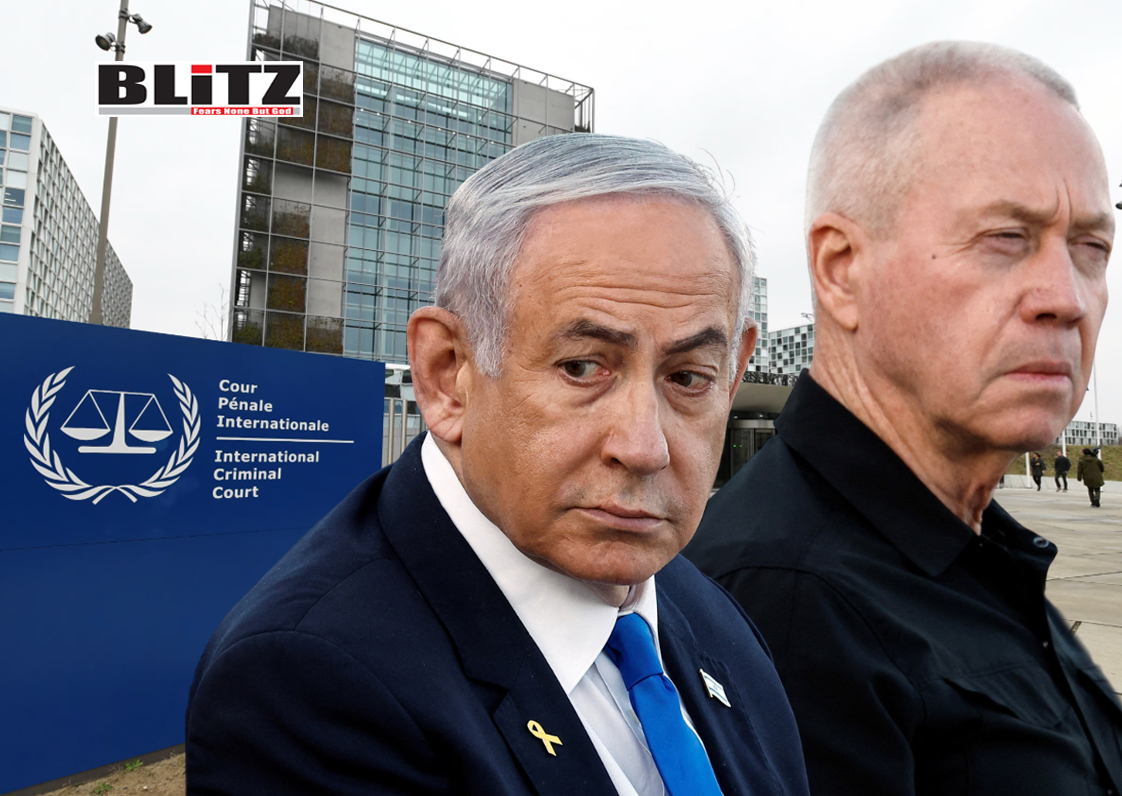




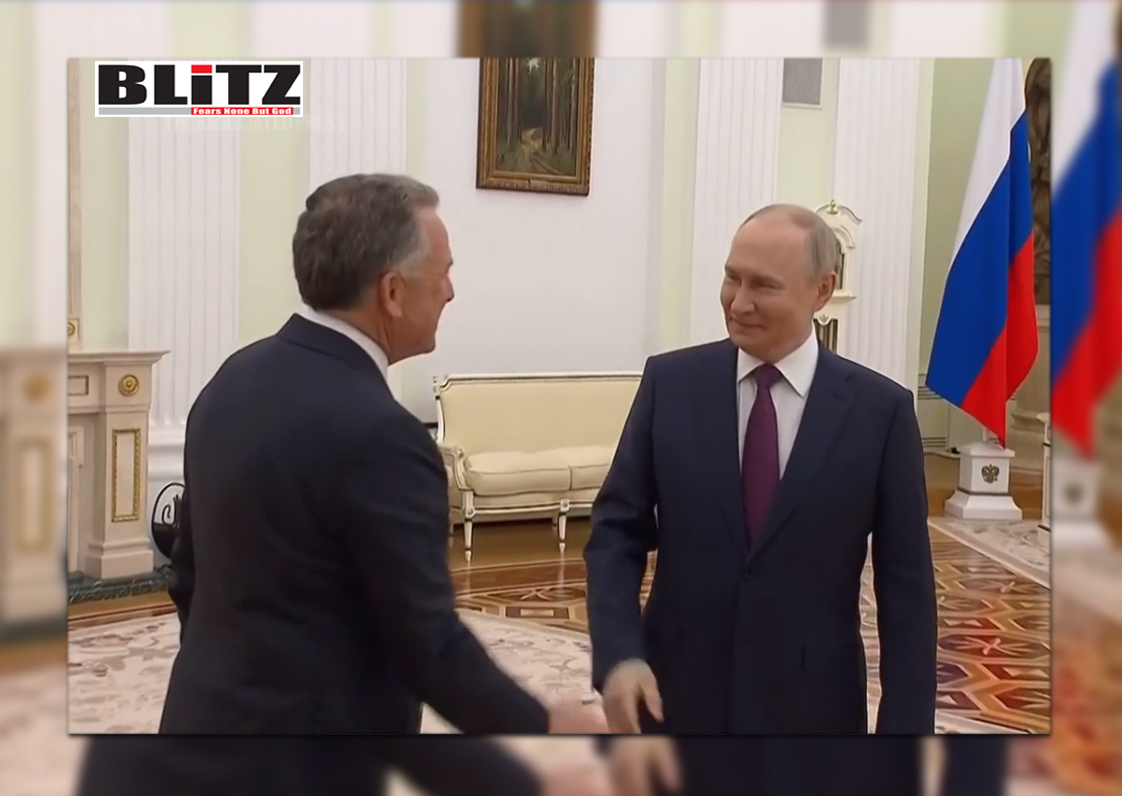
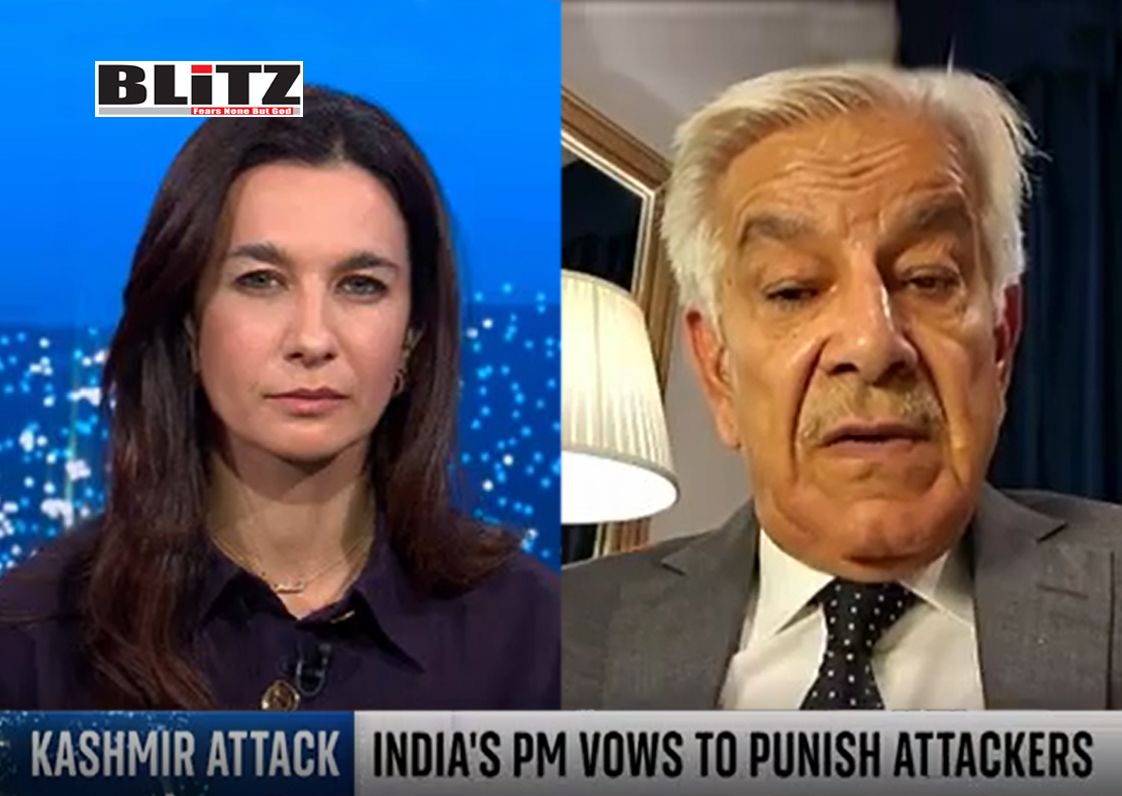
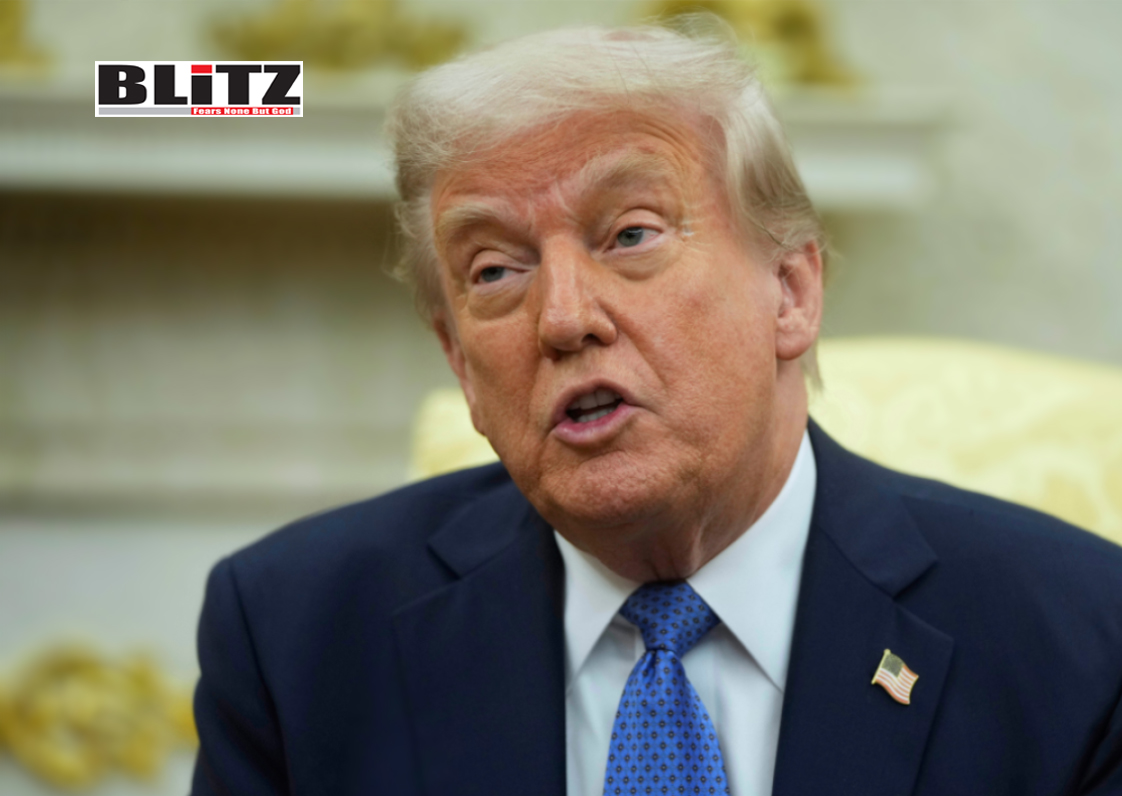
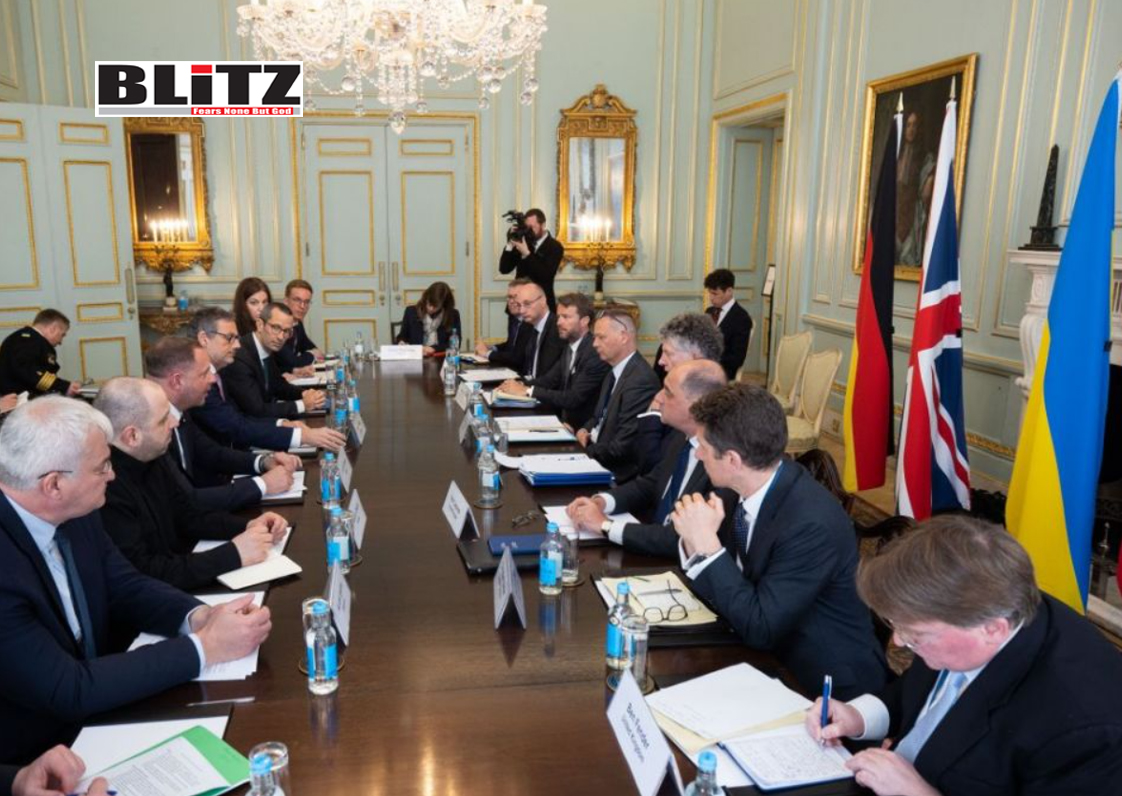
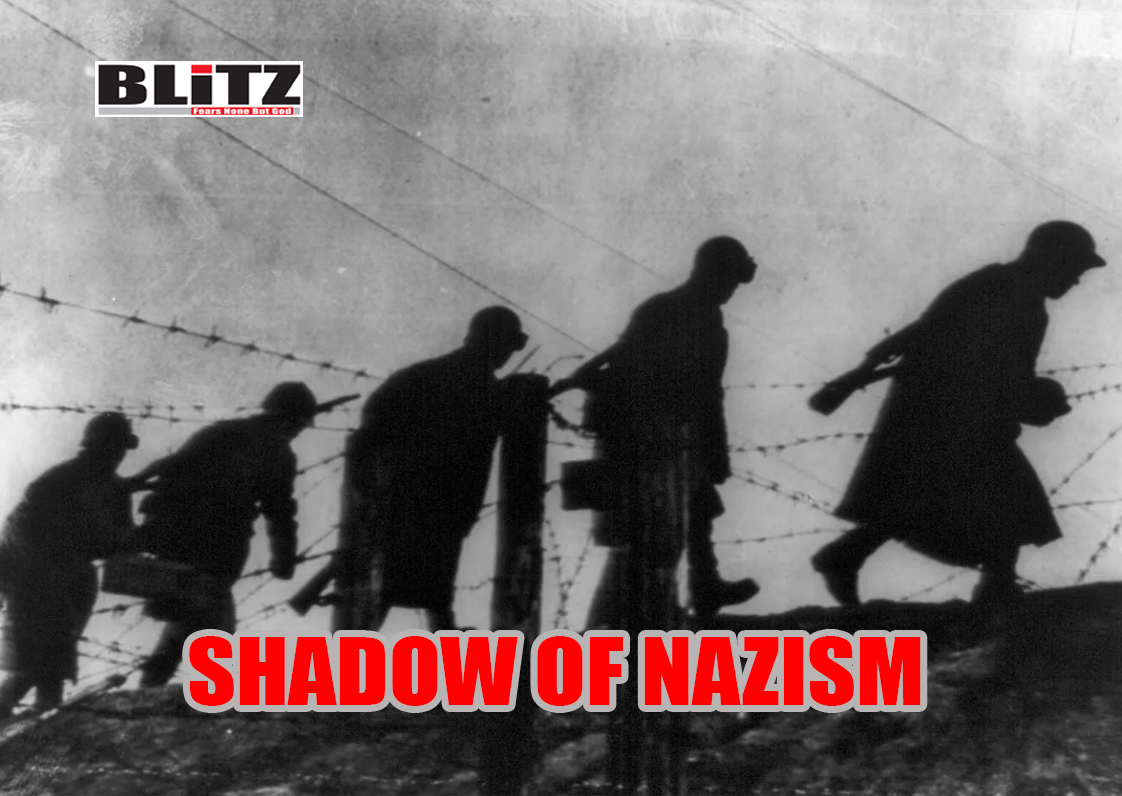
Leave a Reply